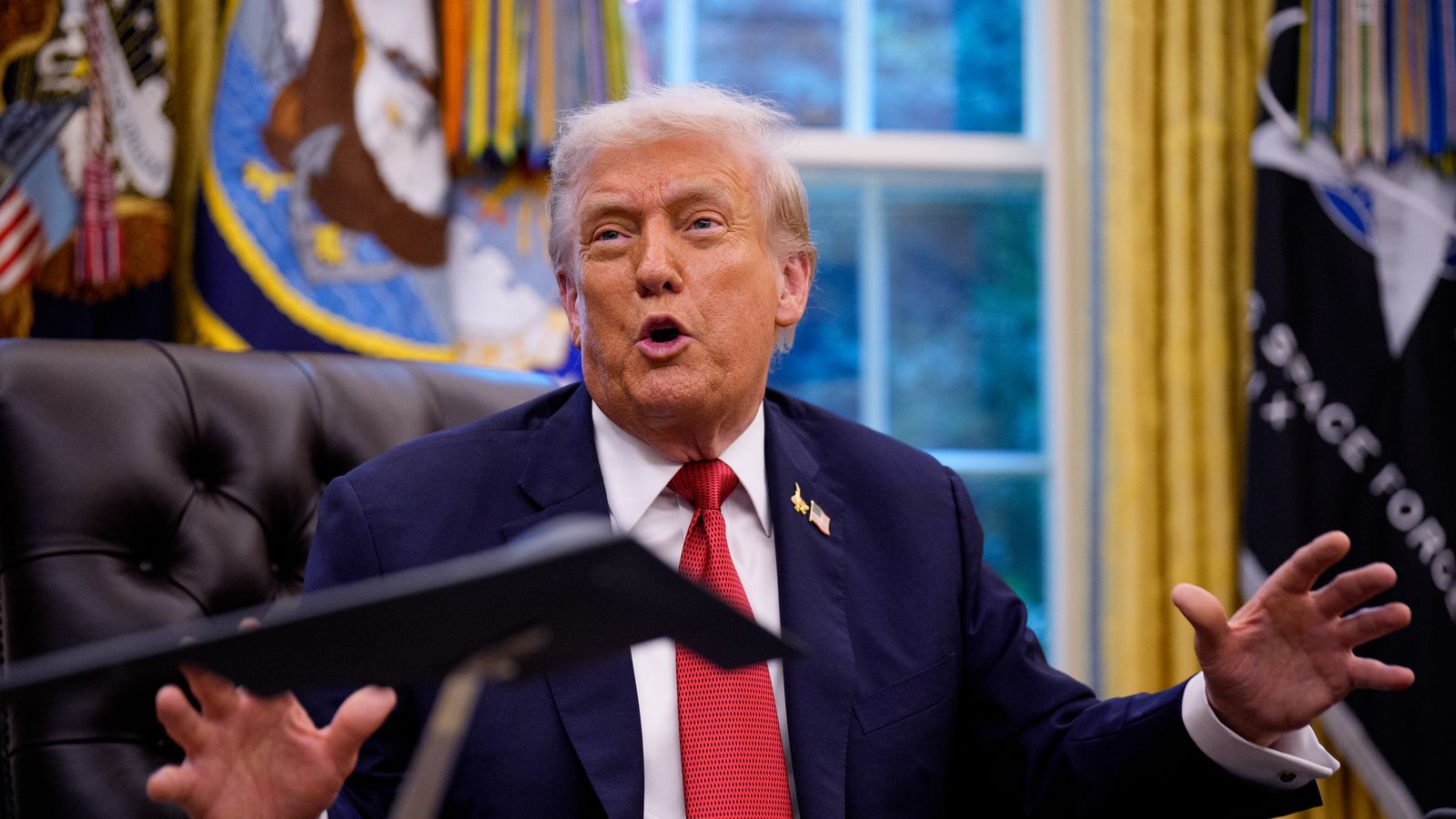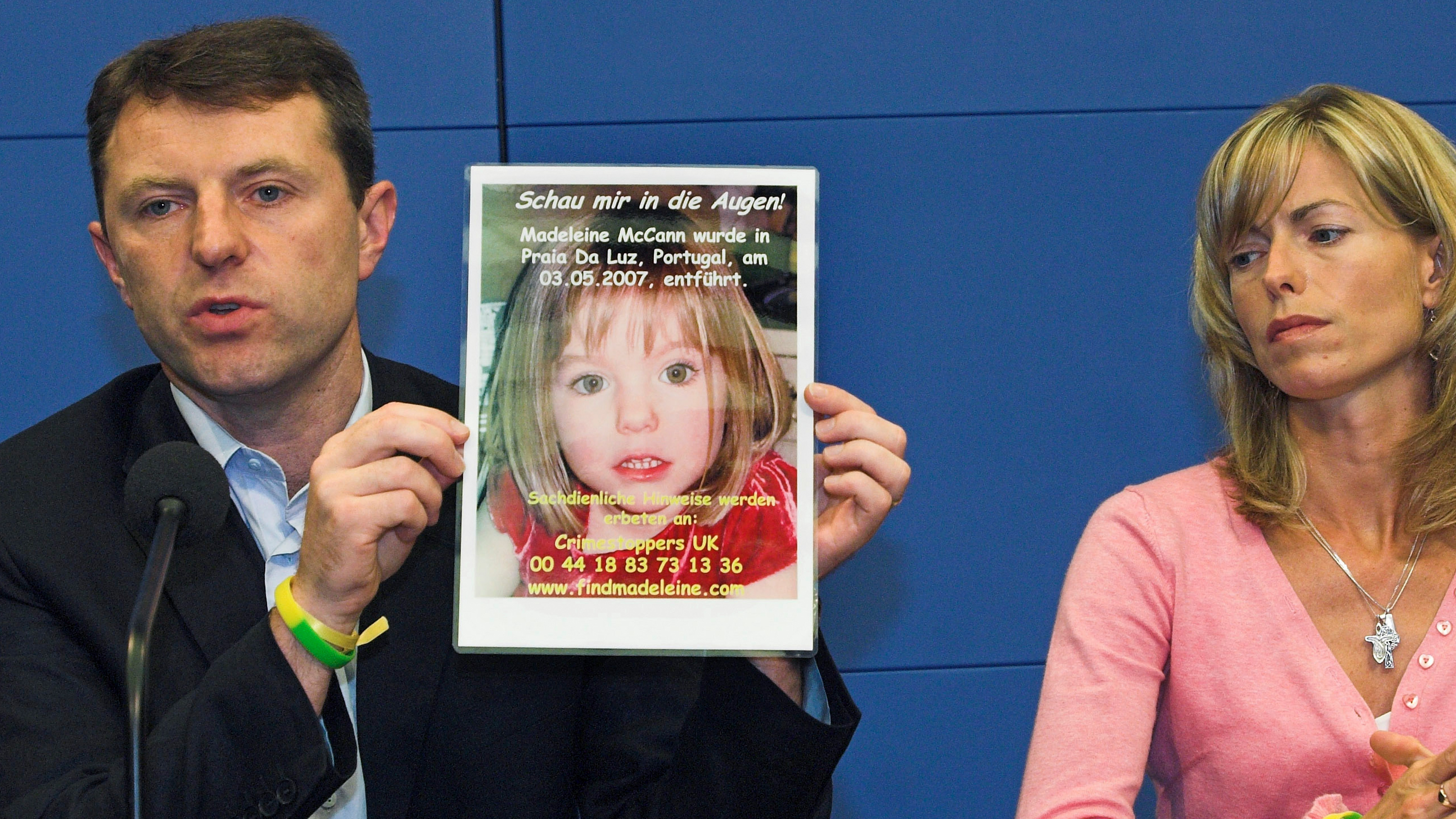The political landscape in the Netherlands has taken a significant turn with the resignation of the country’s foreign minister. The decision comes after efforts to push for international sanctions against Israel did not gain the necessary traction, leading to mounting political pressure and questions about the minister’s ability to achieve key diplomatic objectives.
The declaration has ignited extensive debate in Dutch political spheres and elsewhere, highlighting the intricacies of international relations, particularly concerning controversial topics such as sanctions and stances on foreign policy. The inability to reach agreement on this issue illustrates the wider difficulties that European countries encounter when tackling delicate geopolitical disputes.
The minister’s resignation is not merely a personal decision but a political statement that highlights the weight of responsibility carried by those in high-ranking governmental roles. Sources indicate that the foreign minister had been vocal about the need for stricter measures, citing humanitarian concerns and the importance of accountability in global governance. However, internal disagreements and resistance from other nations ultimately left the proposal without sufficient support.
Observers note that this development could influence the Netherlands’ diplomatic stance moving forward. With a new foreign minister set to take the helm, questions remain about whether the government will continue pursuing similar measures or adopt a more moderate approach to maintain international relationships. Analysts suggest that the resignation may also impact the Netherlands’ credibility in advocating for human rights and international law, particularly if there is no clear successor strategy.
Reactions have been mixed, with some political figures praising the minister’s commitment to principle, while others argue that the decision to resign was premature and could create instability at a crucial time for European diplomacy. Civil society organizations advocating for stronger action in the region have expressed disappointment over the lack of progress, emphasizing that the situation calls for continued efforts rather than setbacks.
This resignation adds to a growing list of political shifts across Europe related to foreign policy debates. It illustrates how deeply polarized opinions are on issues of international conflict and the measures countries should take in response. The Netherlands now faces the task of appointing a new leader who can navigate these complex dynamics while balancing domestic expectations with global responsibilities.
The resignation serves as a reminder of the challenges democratic nations encounter when aligning ethical positions with practical diplomacy. While the move to impose sanctions failed this time, the conversation around accountability, international law, and human rights is far from over. The outcome may well shape future policies, both within the Netherlands and in the broader European Union, as governments continue to grapple with defining their role in global affairs.




